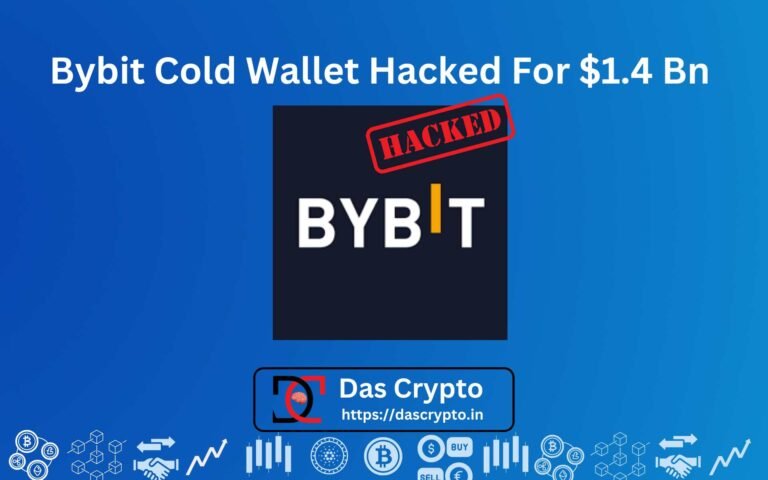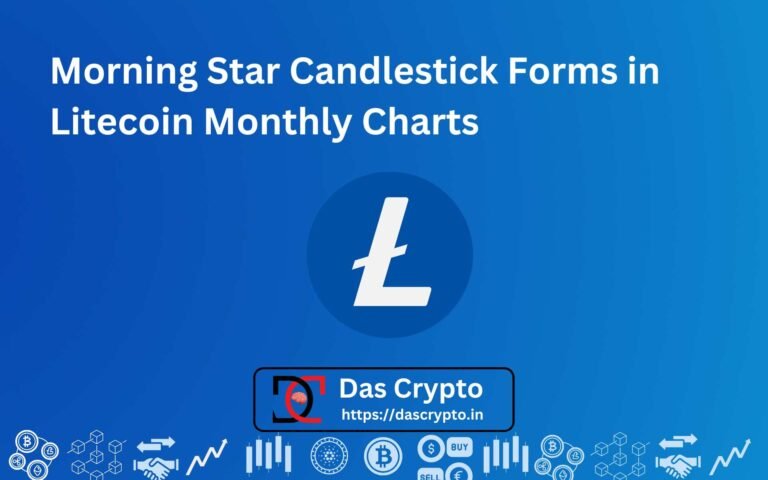The UAE is considered one of the most crypto-friendly countries in the world. It has been ranked third in the world for being crypto-friendly, with a score of 76.17% by Zawya.
The country is known for its favorable tax policies, which includes zero tax on personal income. Crypto, being a retail sales dependent market, needs this tax policy to quickly succeed and mature.
In 2021, the it signed an agreement to support the trading of crypto assets within the DMCC free zone.
Table of Contents
Factors that make UAE, a Crypto-Friendly Country
1. Regulatory Clarity and Low Fees
Crypto assets need regulatory clarity to attract investment which will help boost the innovation and in process, make the technology better suited to the needs of the people.
The Virtual Assets Regulatory Agency (VARA) in Dubai is the central agency for crypto and crypto-focused businesses in Dubai. It charges the following fees for licenses (Source PwC):
| Regulated activity | License application fee [for one regulated activity only] | License extension fee [for each additional regulated activity] | Annual supervision fee [for each regulated activity] |
| Advisory services | AED 40,000 | 50% of lower license application fee[s] | AED 80,000 |
| Broker-dealer services | AED 100,000 | 50% of lower license application fee[s] | AED 200,000 |
| Custody services | AED 100,000 | 50% of lower license application fee[s] | AED 200,000 |
| Exchange services | AED 100,000 | 50% of lower license application fee[s] | AED 200,000 |
| Lending and borrowing services | AED 100,000 | 50% of lower license application fee[s] | AED 200,000 |
| Payments and remittances services | AED 40,000 | 50% of lower license application fee[s] | AED 80,000 |
| VA management and investment services | AED 100,000 | 50% of lower license application fee[s] | AED 200,000 |
2. Taxation Policies
The UAE is one of the most tax friendly countries in the world. It has zero tax on personal income which means proficient traders can make a good living in the country.
Further, business taxes are also on the lower side. The maximum tax on businesses is 9% and even zero if a company earns less than $102k. Here is a full explanation of UAE corporate taxes.
3. Access to Banking Services
Banks form the core of any well functioning industry. Without capital, debt, business transactions, no industry can flourish.
The UAE has a very well developed network of connected banks that offer multiple services to merchants, businesses, retail and even foreign businesses.
Some of the top banks in UAE are:
- Emirates NDB
- Abu Dhabi Commercial Bank
- First Abu Dhabi Bank
- Mashreq
- Union National Bank
4. Government Support
The United Arab Emirates (UAE) government has taken a proactive approach to cryptocurrency and blockchain technology. The UAE has created a supportive regulatory environment for the growth of the digital assets market.
The UAE Cabinet introduced a new regulation and an independent regulatory authority for virtual assets and virtual asset service providers. This was the state’s first regulatory regime for the sector at the federal level.
The UAE has also launched the Emirates Blockchain Strategy 2021 and Dubai Blockchain Strategy. The Emirates Blockchain Strategy 2021 aims to digitize at least 50% of government transactions. The Dubai Blockchain Strategy aims to make Dubai the first city to be fully powered by blockchain technology.
The Government of Dubai Authority on Commodities Trade and Enterprise signed an MOU with the Securities and Commodities Authority (SCA). This MOU established a regulatory framework that allows businesses to issue, offer list, and trade crypto assets in DMCC.




